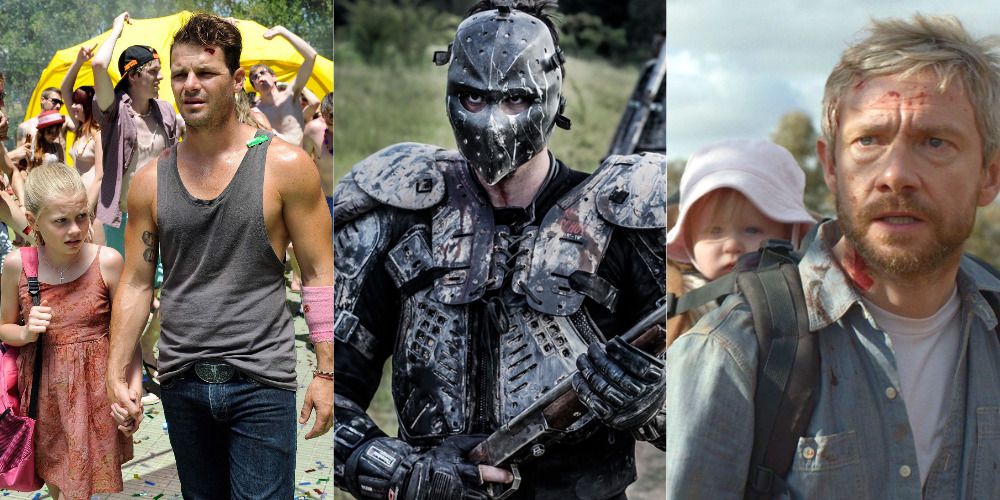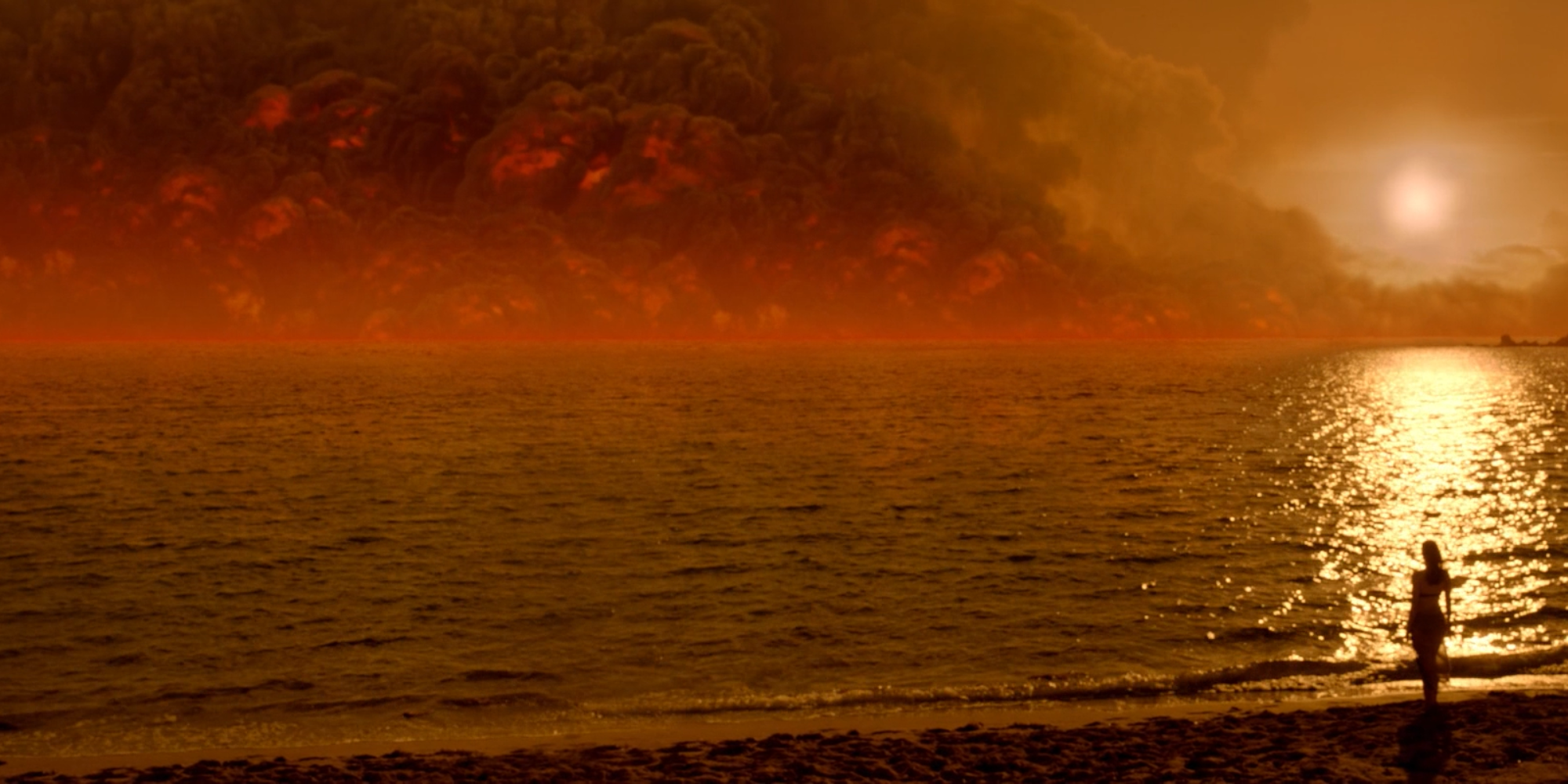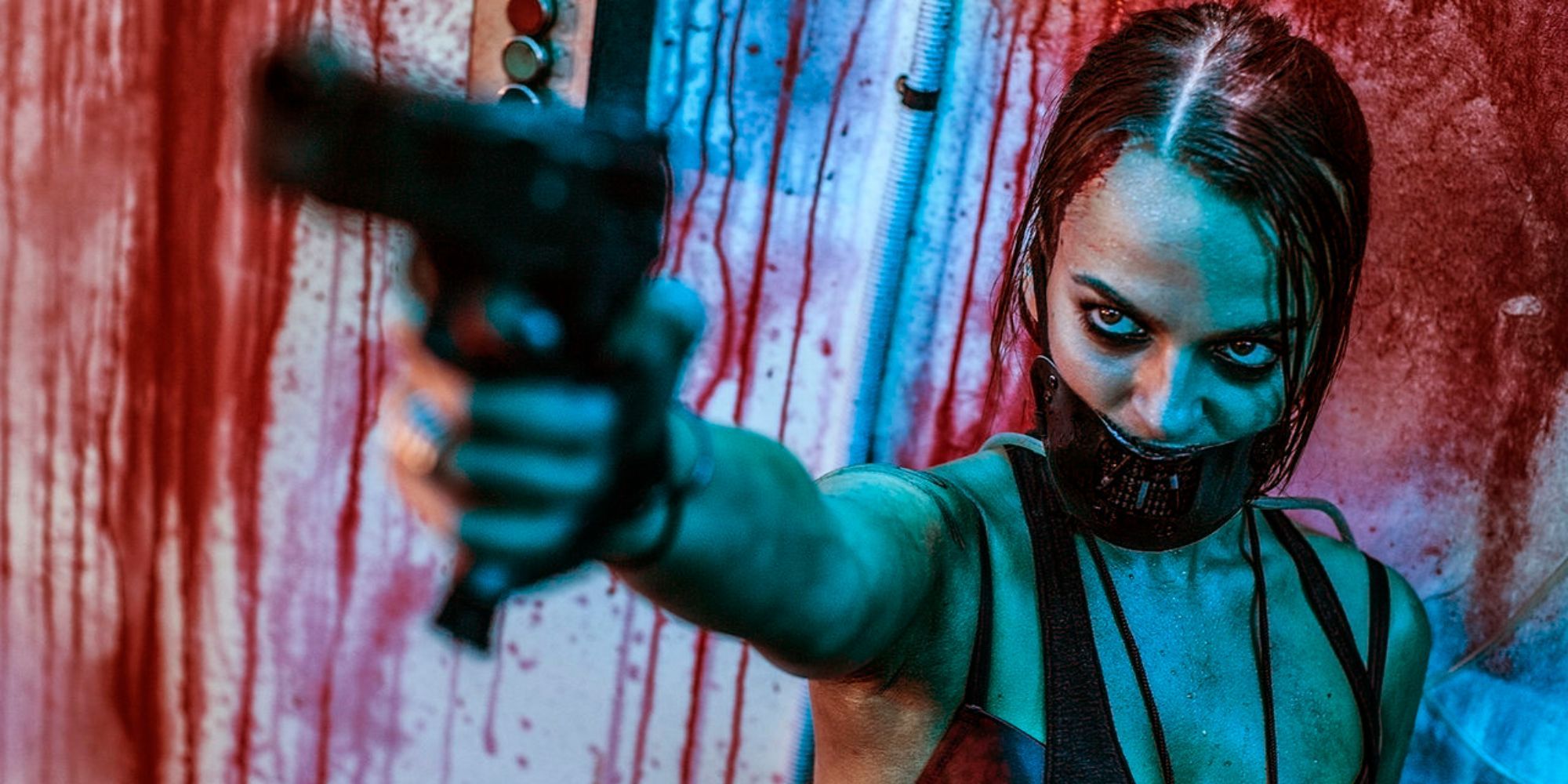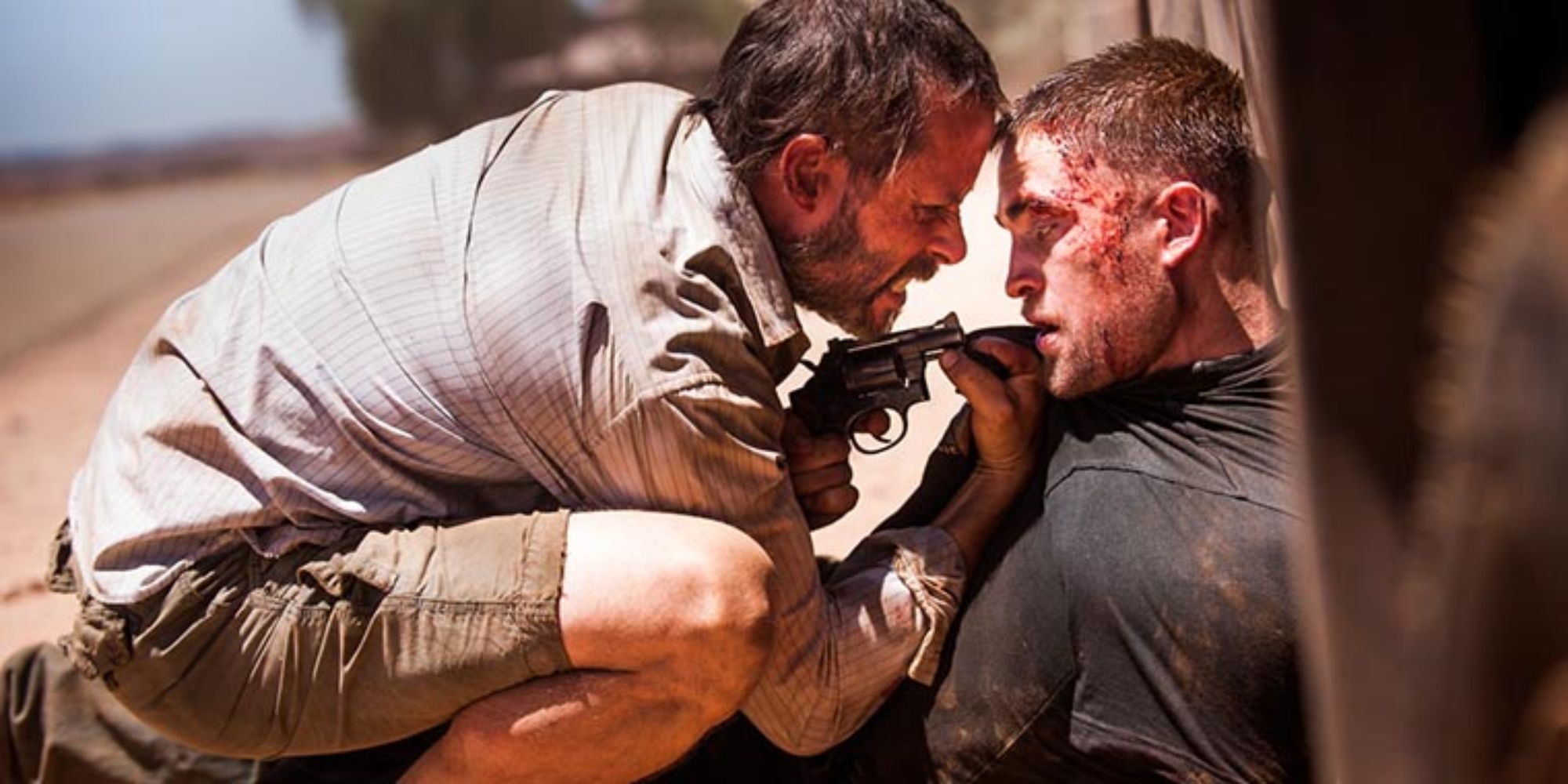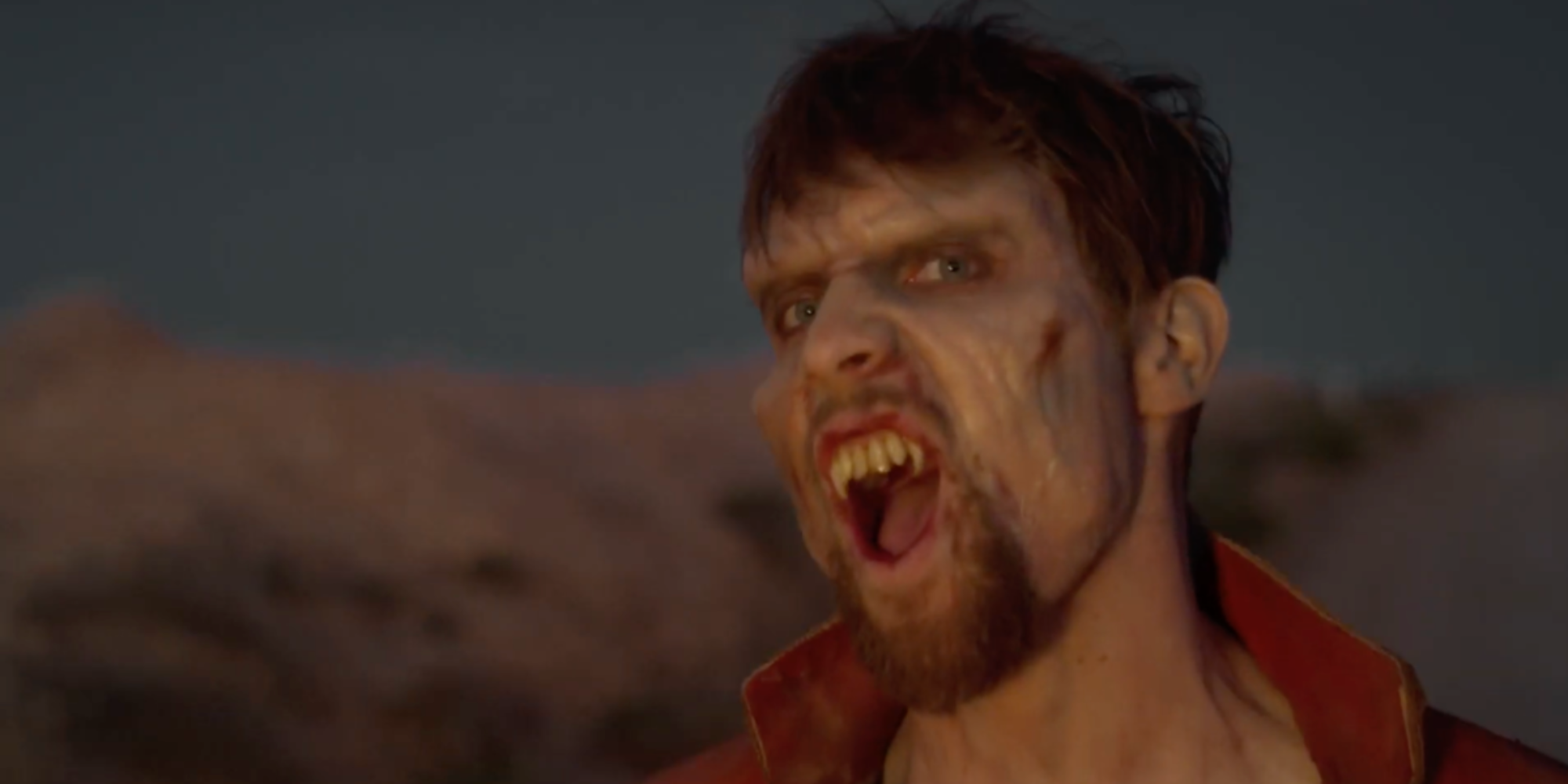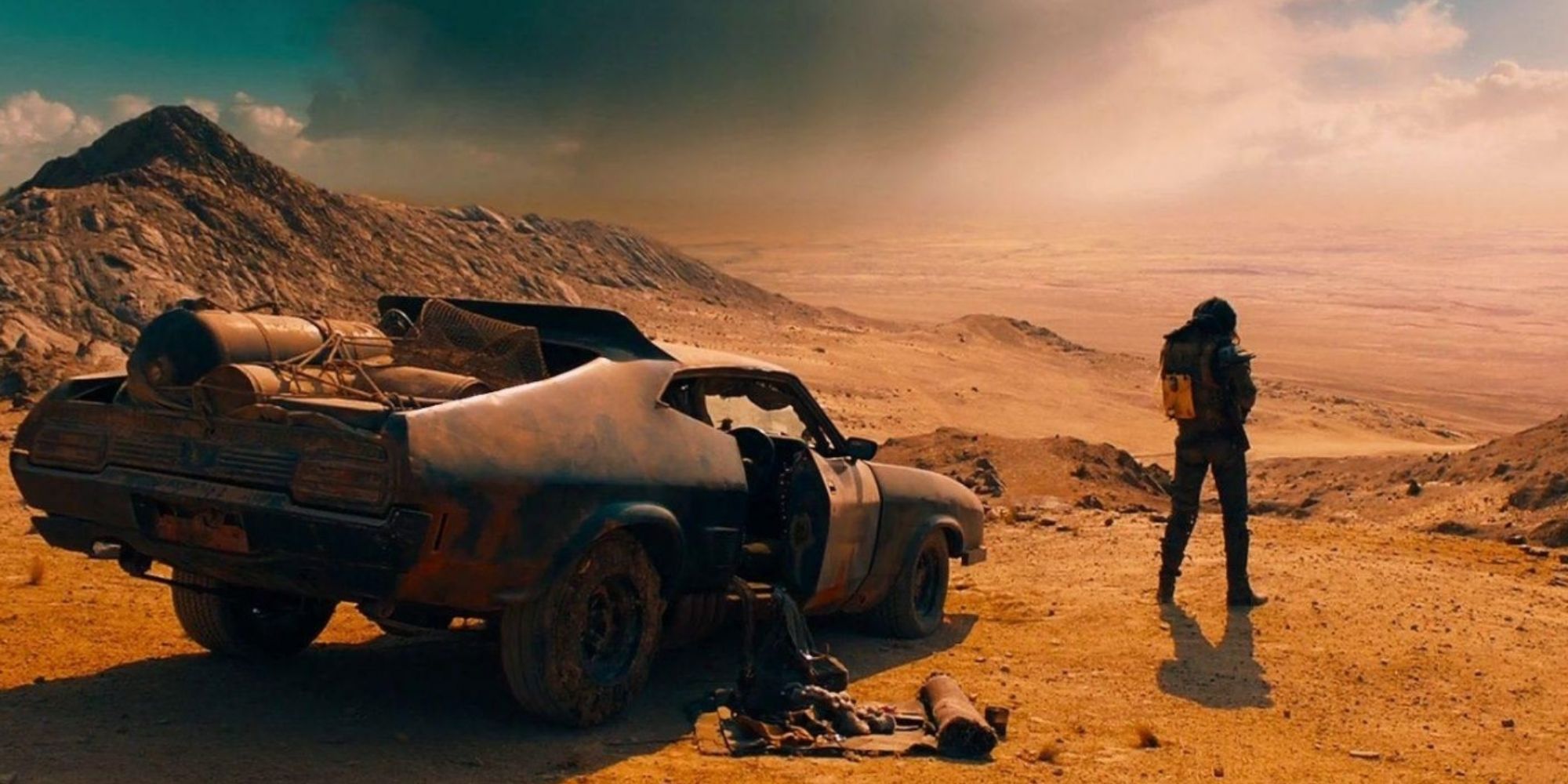One of Netflix's many animated series, Pacific Rim: The Black, just launched its second series on the platform. While it has a lot in common with other efforts on the streaming service and definitely pays tribute to its roots in Japanese Manga and anime, what makes it different is the setting. While Australia has featured a small amount in the film franchise, this is the first entry in the universe to be set entirely on the continent.
Australia has collected many dystopian/post-apocalyptic stories told on film and television over the years. Maybe it's something about the natural landscape that is already quite desolate that lends itself to this kind of storytelling. Whatever that reason may be, some underrated gems around the topic are definitely worth a look.
These Final Hours (dir. Zak Hilditch, 2013)
It's a question that is both horrifying and somewhat thrilling to contemplate: what if you knew you only had 12 hours to live? In James' (Nathan Phillips) case, he doesn't have to ponder, as a meteorite has hit North America, and the encroaching firestorm is set to destroy everything in its path. James decides to throw the "party to end all parties," where anything goes, and people are playing Russian Roulette, but he encounters a young girl on the way to the party and tries to help her find her father.
This isn't a grand "end of the world" type film, a Roland Emmerich-style destruction fest. We know that these characters are doomed, but the film really asks what our humanity is worth, even in the face of certain death. James initially starts out as callous and indifferent, but in forming a bond with the girl, they manage to maintain their humanity even as people become more and more irrational and cruel around them.
Cargo (dir. Ben Howling & Yolanda Ramke, 2017)
This film is set in the aftermath of a pandemic where a virus turns people rabid within 48 hours of contact. Martin Freeman plays Andy Rose, a father widowed by the virus and infected at the film's outset, who is trying to get his children to a safe place before he succumbs and turns into a zombie.
Not exactly one to recommend for a "happy watch," Cargo is a bit difficult to get through, as it is difficult not to get invested in Andy's character even though we know he is going to die. Add to that the layer of his caring for his children and the desperation he feels searching the remote outback for a safe place for them, and Cargo is quite harrowing. It is also beautifully shot, hauntingly scored, and fantastically acted, with Freeman particularly anchoring the film with his performance.
Wyrmwood: Road of the Dead (dir. Kiah Roach-Turner, 2014)
Part Sam Raimi/early Peter Jackson splatterfest homage, part Australian post-apocalyptic road movie, Wyrmwood: Road of the Dead has a lot of ideas and plenty of action crammed into its mere 98-minute run time. This is made all the more impressive by the fact the film was made for a fraction of the budget of many of the other films on this list, at a total of $160,000. However, Roach-Turner and his crew don't let that hold them back from creating a sprawling, madcap narrative.
A mechanic is warned by his sister to get out of the city after her assistant suddenly turns into a zombie. He goes on the road with his family, protecting them from the surrounding horrors. This film ultimately feels like a throwback to the golden age of 1970s Ozploitation films, with all the great B-movie goodness that implies. There are some spots where the budget shows - the actors are more enthusiastic amateurs than movie stars - but with a litany of impressively gross practical effects and a narrative that twists and turns, fans of the genre should eat Wyrmwood up.
The Rover (dir. David Michôd, 2014)
Set some ten years after an unspecified economic collapse, people in Australia are just scraping by, with most helping to keep mineral exports up to aid other countries' development. Australia itself has become lawless, and hardened drifter Eric has one care in the world: his car. After a robbery gone wrong, three men steal it, leaving the fourth behind, Reynolds. Eric forces Reynolds into helping him track down his accomplices through the outback.
Perhaps more than any other film on this list, Michôd's proven eye for detail and clear vision as a filmmaker utilizes and makes the most of the natural Australian landscape to underscore the brutal simplicity of the storytelling. He is aided in this by the two central performances, with Guy Pearce's gruff Eric forming an interesting foil to Robert Pattinson's Reynolds. While this is a simple revenge tale, it is a heck of a ride getting there, and Michôd is able to use the Australian landscape to emphasize the storytelling in a truly masterful fashion.
Firebite (dir. Warwick Thornton, 2021)
Premiering on AMC+ late last year, indigenous filmmaker Warwick Thornton's latest deals with a cadre of indigenous vampire hunters. Having passed their traditions down for a long period, they have hunted these creatures of the night through the outback and believe they have managed to find the last colony of vampires. The two hunters, Tyson and Shanika, see this destruction as the fulfillment of their destiny.
Thornton has never been afraid of using his work to explore the plight of First Nations people in Australia, with his previous two features, Samson & Delilah and Sweet Country, both using more grounded examples of storytelling to achieve this. Firebite sees Thornton at his most allegorical so far, although the metaphor of a blood-sucking parasite encroaching on lands owned by the hunters' tribe isn't exactly a subtle one. Filled with Thornton's signature flair and style, this is well worth checking out.
The Mad Max Quadrilogy (dir. George Miller, 1979-2015)
Probably the most well-known Australian IP in movies (with the possible exception of a certain crocodile wrangler who likes to compare knife sizes), Mad Max blitzed onto international screens in the late seventies, crystallizing a new era in Australian filmmaking and making household names of Mel Gibson and George Miller. Miller followed this with two sequels, one arguably bettering the first and the other divisive but still awesome. What really surprised movie-goers, though, was after the franchise had laid dormant for nearly 30 years, Miller returned to it in 2015 with the outstanding Mad Max: Fury Road, which unlike a lot of long-gestating "legacy sequels," was actually a worthwhile continuation of the story.
It isn't easy to quantify just how influential and successful this series of films is. What's fascinating about them from a post-apocalyptic standpoint is that we as an audience get to witness the degradation of society firsthand, although through the eyes of one character, rather than taking a global look at things. Max starts proceedings as a cop and a family man, and it is only after enduring the horrific events at the hands of lawless thugs in the first film that he earns his famous moniker. We see him embrace the madness in the two original sequels, and then in the fourth film, he - along with Furiosa - seeks some kind of redemption for their pasts together. Ultimately, these films are the best post-apocalyptic offerings from Australia and some of the finest films produced in this country.

